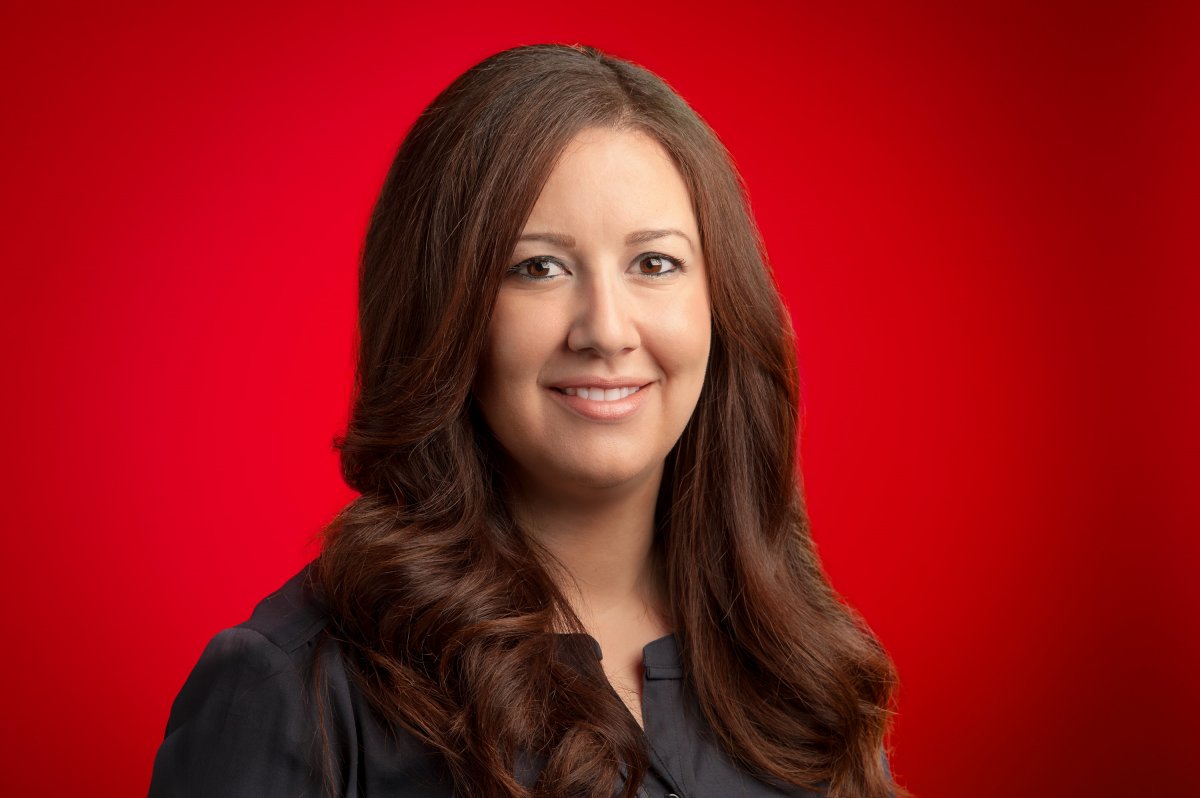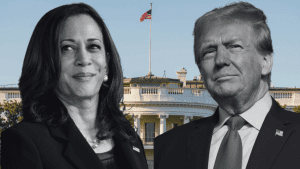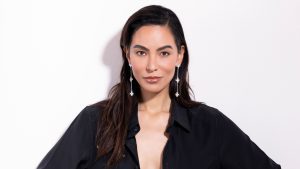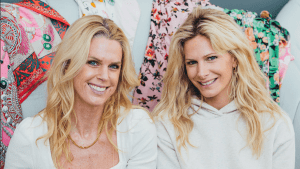[vc_row][vc_column][vc_column_text]The short-form content platform wars have begun. And Sarah Ali is ensuring that YouTube’s iteration of the social media phenomenon – YouTube Shorts – will win.
Ali, the Senior Director of Product Management at YouTube, is leading the Shorts team to encourage creator and viewer participation to make the platform the go-to app for short-form content. “I feel so grateful for the team that I have,” says Ali. “We want to be able to let anybody tell their story on YouTube [Shorts].”
If Sarah Ali’s story were on YouTube Shorts, it wouldn’t start with the division she now leads at one of the biggest tech brands on earth, but in her hometown of Burlington, Ontario. After attending the University of Toronto for electrical and computer engineering, her first internship was working on a team to create a robotic arm for the international space station – a role that eventually made her realize her love for software and user experience over hardware; “That was one of the times where [for me], it comes back to users – you want the astronaut to be successful.”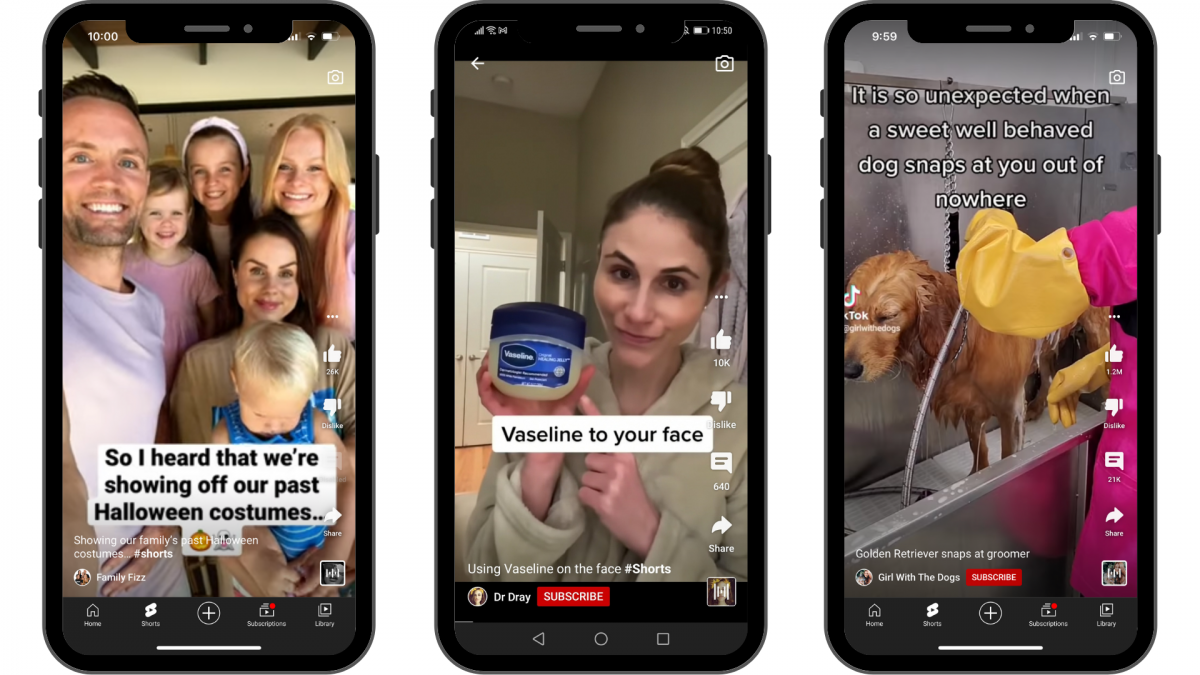

Ali is no stranger to getting more people to watch YouTube products. After having previously led YouTube’s line of living room products, she successfully grew her division to have over 250 million hours watched per-day while launching new YouTube apps on televisions, streaming devices, Chromecast, Game Consoles, Google Home, and other products. She has also led YouTube Social Impact Products and YouTube for Public Figures.
Throughout the last two decades, very few women have been included in C-suite positions throughout big tech – and despite pushes for diversity, equity, and inclusion in every industry, few major tech companies have tried to include women in the upper echelons of management. YouTube is one of the rare Silicon Valley companies led by a woman – CEO, Susan Wojcicki. “Susan, our CEO, is just an incredible leader. There’s so much to learn from her and watching her leadership,” says Ali.
Sarah Ali is also one of the women changing this gap in big tech, encouraging women to join and fix the sectors diversity and inclusion issue. “I’ve had many mentors along the way and still do. It depends on the specific problem you’re facing […] I think the best type of mentor is one who’s just ahead of you in your career because they’ve just gone through your challenges. You want to work with people you’re going to learn from, but that will also value your opinion.”
More people than ever, especially younger generations, are watching videos that are less than a minute long. TikTok, Instagram Reels, YouTube Shorts – big tech is scrambling to capture the best content creators to attract people to its platforms and, hopefully, achieve the coveted most-hours-scrolled from users. In 2021 YouTube’s creative ecosystem contributed CAD $1.1B to Canada’s GDP, according to research done by Oxford Economics. “We have about 1.5 billion people watching shorts monthly,” says Ali.
RELATED: Women of the Year 2022: Canada’s Most Incredible Women Leaders
Remember Vine? The short-form video service that ran for a mere five years first introduced the internet to short-form video content, which has now turned, in some cases, into people’s livelihood through influencing and advertising. Although Vine failed, its impact was inexcusable – which is why companies like TikTok soon picked up the gap in the market. While TikTok might have won the battle for people’s attention early on, YouTube has a good shot of winning the war.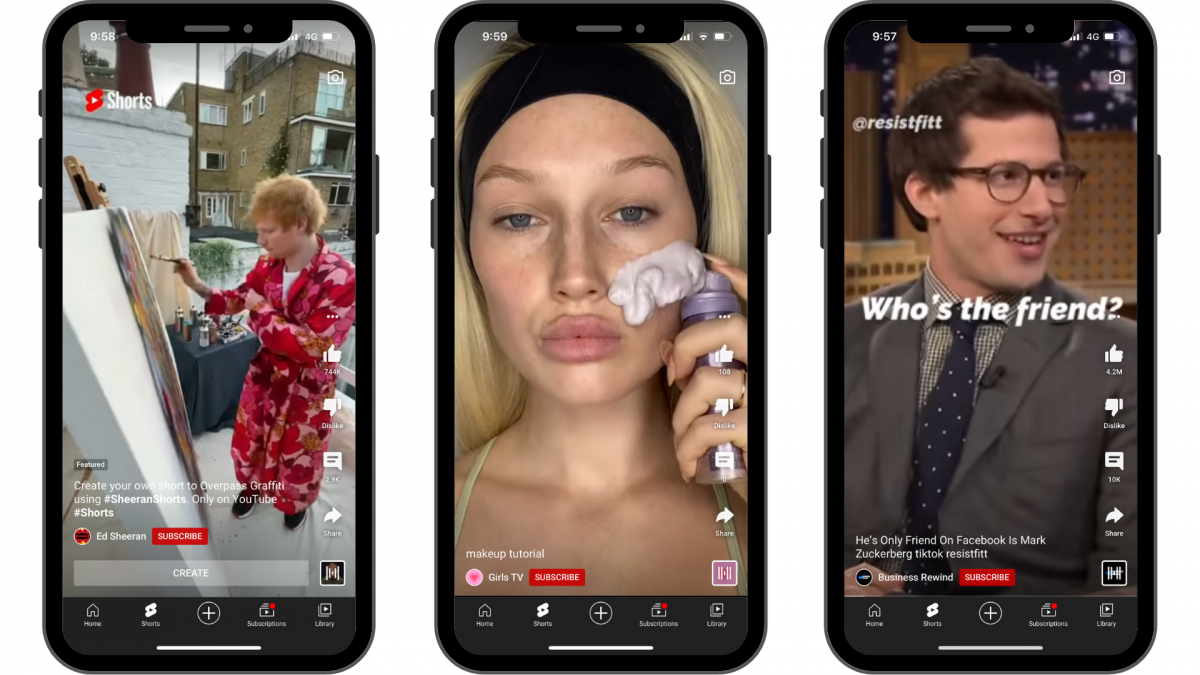

YouTube is fighting on a different front that Ali hopes will lead to more YouTube Shorts users –with a primary strategy of being a better platform for creators. The strategy of putting creators first has worked to make YouTube the unrivalled leader in online video content since its inception in 2005 – a strategy in which they are now beating TikTok. “I worked on user-focused problems as part of my Master’s thesis. […] I realized the power of software.” Ali stated, upon telling Bay Street Bull about her switch from engineering to software.
“I fell in love with product management, and I’m super passionate about the products that we’re building, the ones we’ve launched, and the products we have coming.”
As opposed to a fixed fund (like the $200 million one TikTok introduced in 2020), YouTube is introducing revenue sharing in 2023. “Now here’s the problem with funds; they don’t grow. And so, you have more creators, but you’re just splitting the pie more ways,” says Ali. “So as your platform grows, it’s less for each creator.”
Revenue sharing ensures that creators aren’t compensated from a set fund but a dynamic one that changes as more people use the app, with creators eligible for the YouTube Partner Program (for users who have 1,000 subscribers and 10M Shorts views over 90 days) guaranteed a whopping 45 percent of profits.
Ali is ensuring users can participate and engage with content critical to building a sense of community to drive growth. The Shorts team has also created a feature that lets you directly tip your favourite creators, further fostering this creator-first, community mindset. Short-form video content is also considerably more accessible and easier to create than long-form content, allowing users to test new ideas and quickly adapt to trends. Shorts, and apps like it, help communities come together with a sense of authenticity – most short-form video content doesn’t even require you to speak the same language. It is becoming a universal communications platform, filled with everything from dancing trends to cooking tips.
YouTube Shorts also stands out for its ability to connect to long-form, native YouTube content.
“Imagine I’m watching a short, and there’s music in the background. Well, in one tap I can see the music video,” says Ali, who also championed the new YouTube Creator Music, which provides creators with early access to songs they can use in their videos while giving artists a new revenue stream for their music on YouTube. YouTube contributed over $6 billion to the music industry from 2021 to 2022.
Sarah Ali understands the power of running one of the world’s biggest video platforms and is committed to growing its influence through diversity, equity, and inclusion.
“Understanding the product, understanding users, that’s important. I’m passionate about building a diverse team. We have viewers all over the world. I want our team to reflect that, so our product reflects that too,” Ali says as she prepares to win the short-form content wars.
[yikes-mailchimp form=”1″ title=”1″ submit=”SUBSCRIBE”][/vc_column_text][/vc_column][/vc_row]


